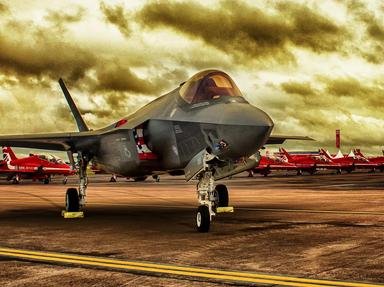Quiz Answer Key and Fun Facts
1. The Royal Scots (The Royal Regiment) were raised under a Royal Warrant granted by King Charles I. In what year was this Regiment raised and where did this take place?
2. Second Lieutenant Stephens (fictitious) is a junior Commissioned Officer who commands a platoon in 'C' Company of his regiment. It has been published on Battalion Part One Orders that he has been placed on duty this coming weekend. What duty is he MOST likely to perform?
3. "Sir! I have no live rounds or ***** ***** in my possession, Sir!"
This declaration takes place at the end of any period where live ammunition has been used: a Company range day or a Battalion Skill-At-Arms Meeting for example. It is a very important declaration that has to be made by every soldier who has attended and is made to the senior person present. What items are missing from this declaration?
4. The regulations that detail how the Army is to be 'run' from the highest to the lowest levels are laid down in a publication that is held within every department within a regiment. By what title are these regulations known?
5. If you've ever been fortunate enough to witness the Trooping of the Colour at Horse Guards in London, you may have noticed the uniforms worn by our Regiments of Foot Guards, and that the layout of buttons on their tunics is quite unusual in that they are grouped together. If you had been watching the Trooping of the Colour with the 1st Battalion The Irish Guards on parade, how many buttons would you expect to see in each grouping?
6. The Black Watch (The Royal Highland Regiment) Museum is housed in which historic Scottish castle situated near the centre of the city of Perth?
7. It was a rough night last night. You have turned up at Company Muster Parade after racing back to barracks and haven't had time to prepare yourself and smarten up. You sweat as the Platoon Sergeant paces down each rank getting closer and closer... He comes up behind you, leans forward and whispers in your ear " Am I hurting you soldier?" "No Sergeant" you reply nervously... "Well, I should be, I'm standing on your hair!!" he screams deafeningly in your ear. That will be this evening messed up for you - what minor punishment can you expect for presenting yourself in bad order?
8. Following a common theme for the last 200 years or so, what 'musical' instrument has always featured prominently in the Regimental Badge of all British Light Infantry Regiments?
9. Whilst on active service, in Afghanistan for example, a Regiment may hold a 'Drumhead Service'. These services follow a tradition that goes back hundreds of years that allow soldiers in the field, without access to their chapels or church, to hold a religious service. What iconic and historical items would you expect to see being used as the altarpiece?
10. Field Marshall Sam Manekshaw MC, a former Chief of Staff of the Indian Army, once said: "If a man says that he is not afraid of dying, he is either lying or he is a ******". To which Asian mountain-dwelling people was he referring?
Source: Author
SisterSeagull
This quiz was reviewed by FunTrivia editor
stedman before going online.
Any errors found in FunTrivia content are routinely corrected through our feedback system.
